Comprehensive Analysis of Factors, Barriers & Ethics in Trade
VerifiedAdded on 2023/05/28
|12
|415
|375
Report
AI Summary
This report provides an overview of international trade, focusing on the exchange of goods and services between nations and the factors that influence companies' decisions to engage in global production. It highlights the benefits of globalization, such as increased outward orientation, technology transfer, and improved productivity, while also examining key factors companies must consider when locating abroad, including total landed cost, trade regulations, value-added services, and supplier responsiveness. The report identifies trade barriers like tariffs, subsidies, and quotas, explaining their purpose and impact. Furthermore, it emphasizes the importance of collecting data on geographic and demographic trends before evaluating location options and stresses the ethical and environmental factors, such as resource availability, market nearness, and waste disposal, that firms should consider when finalizing plant location decisions. The report concludes by referencing relevant academic sources to support its analysis of international trade dynamics.
1 out of 12
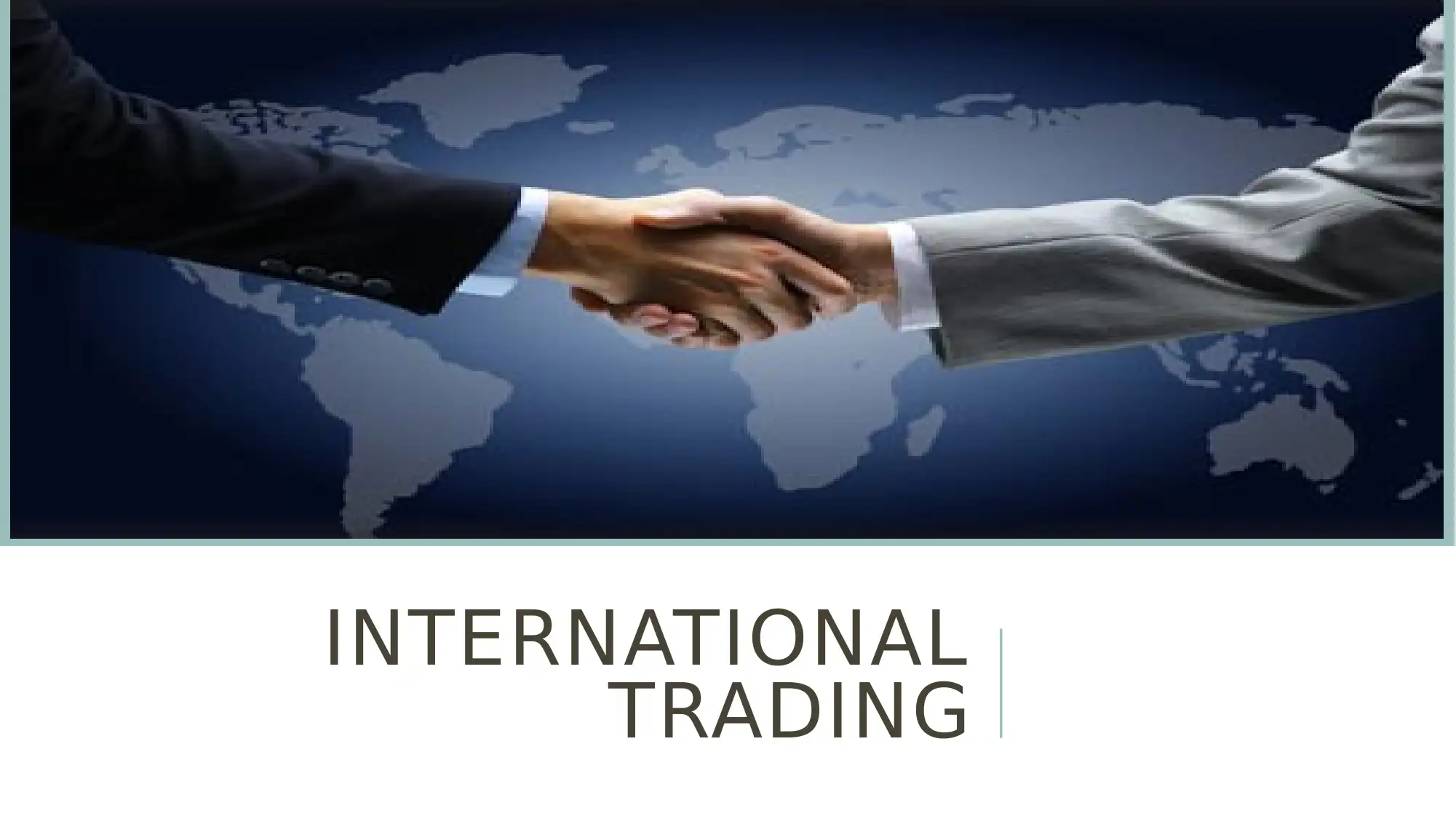
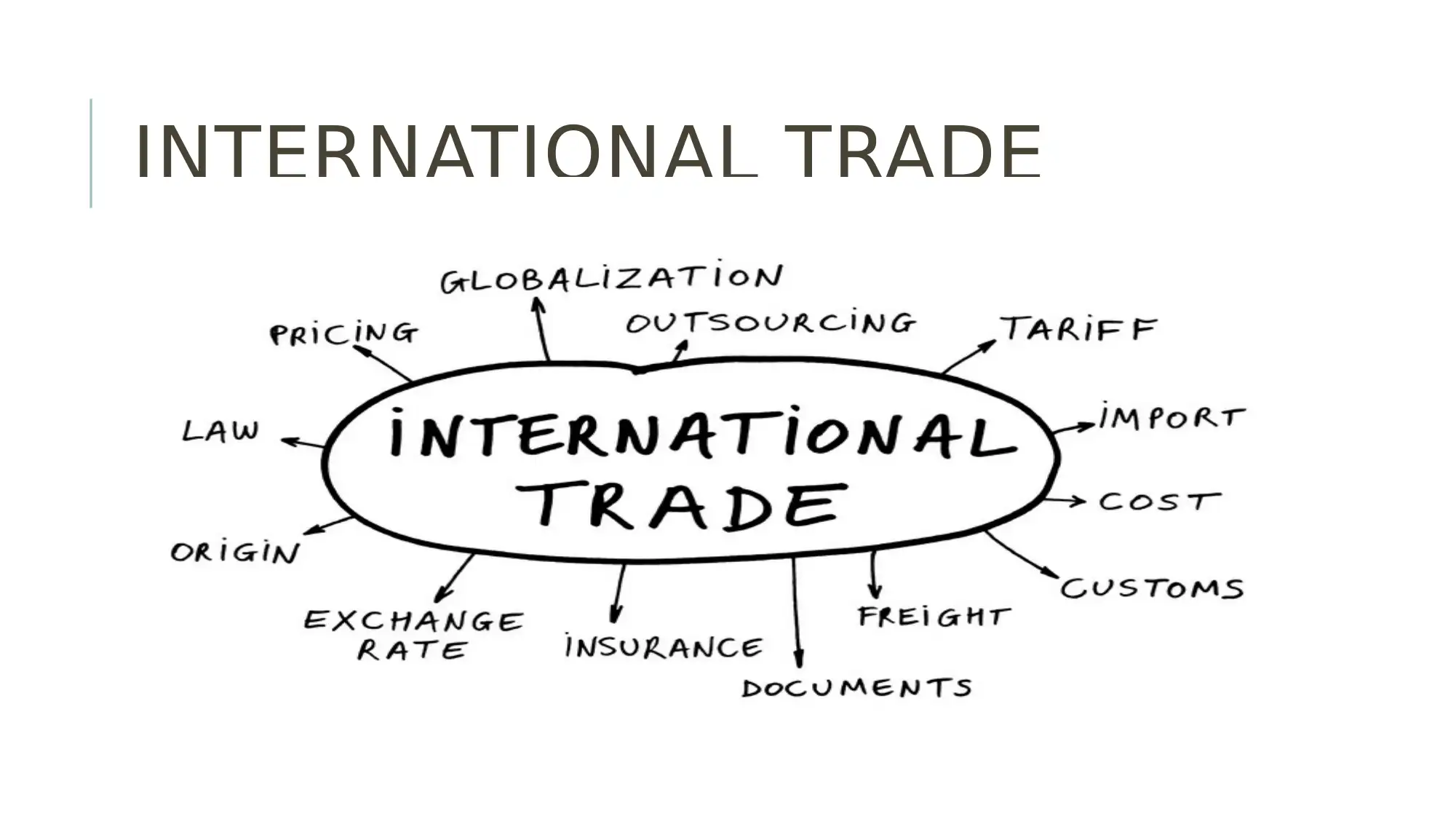
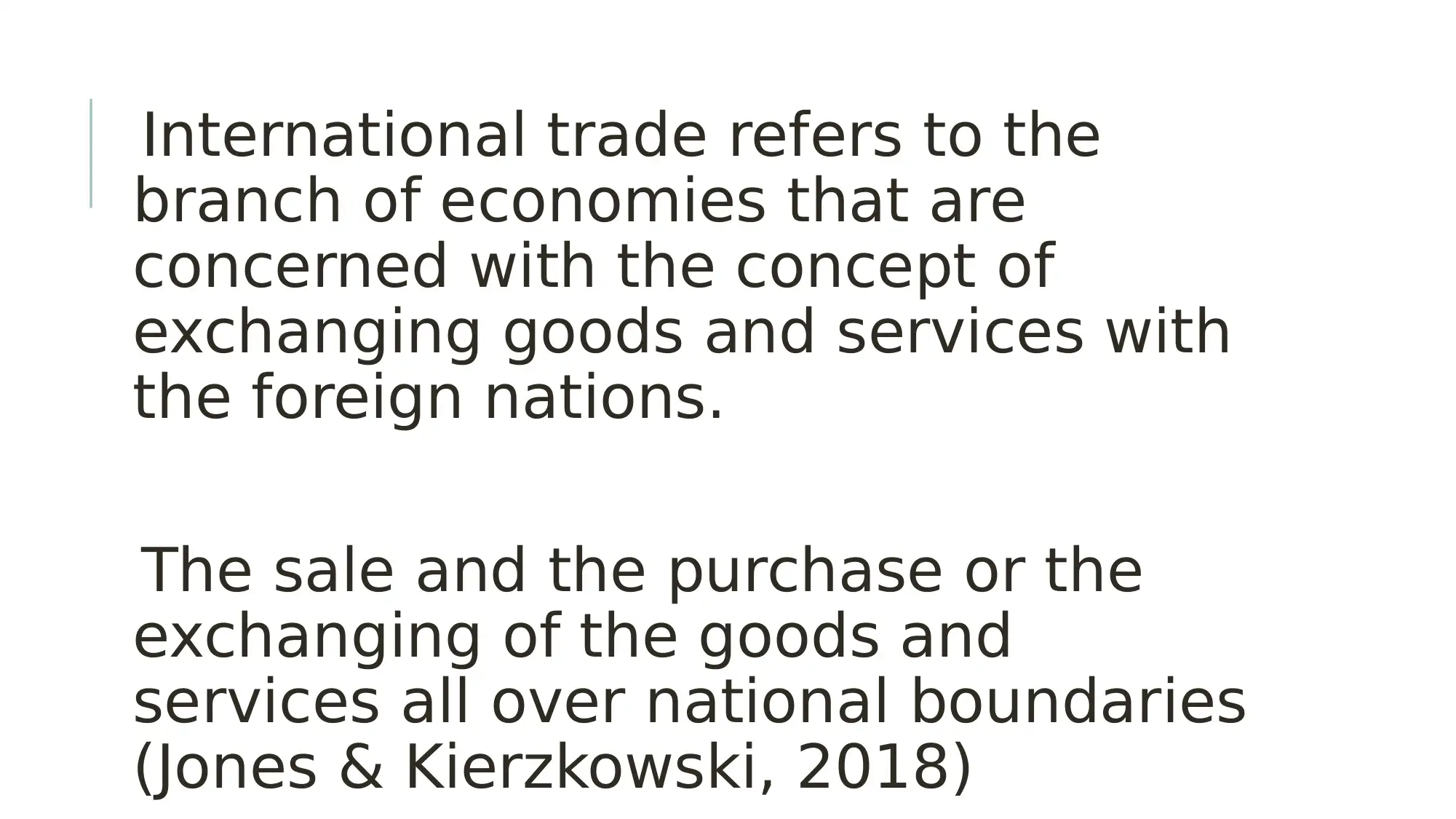

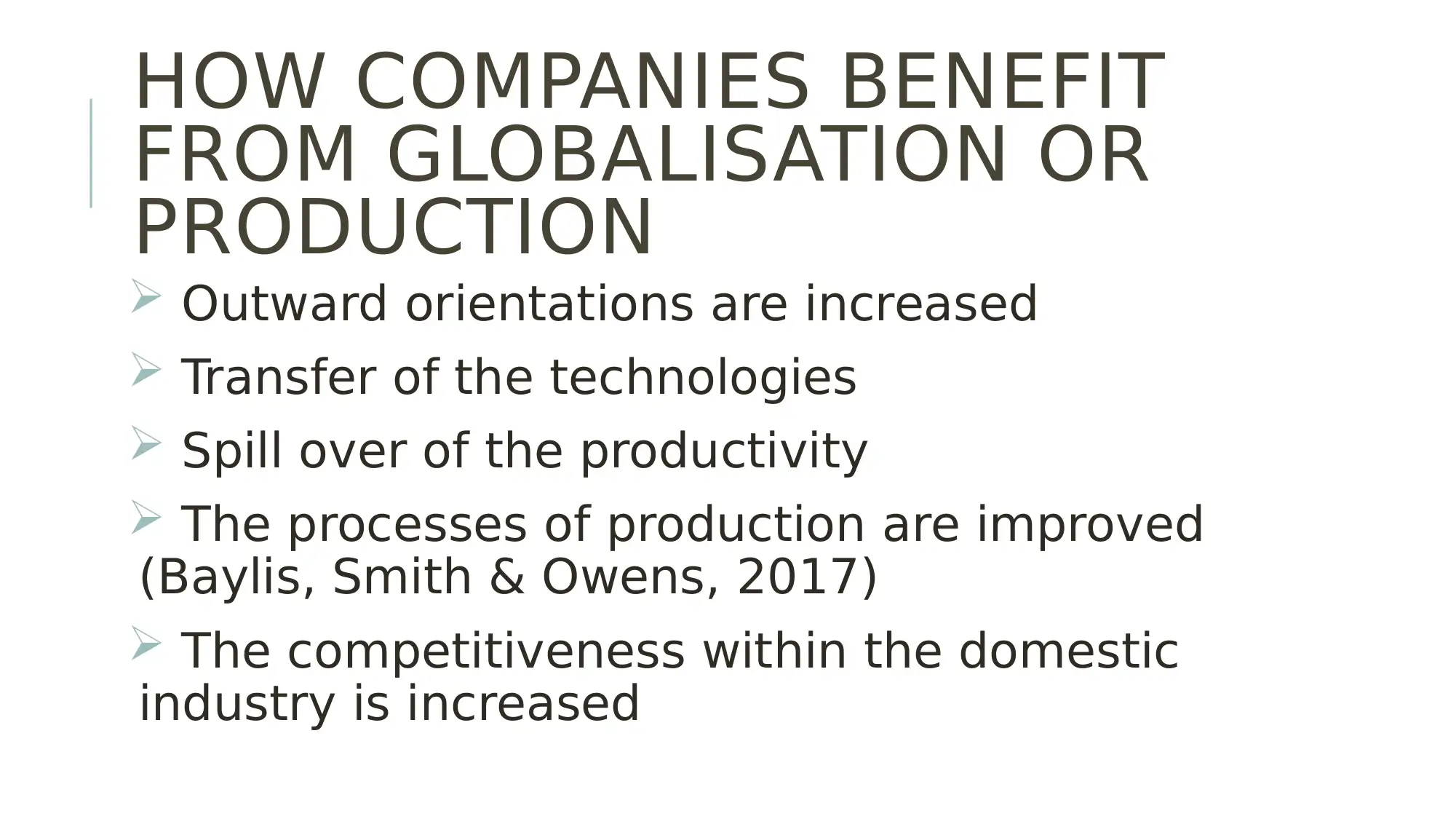
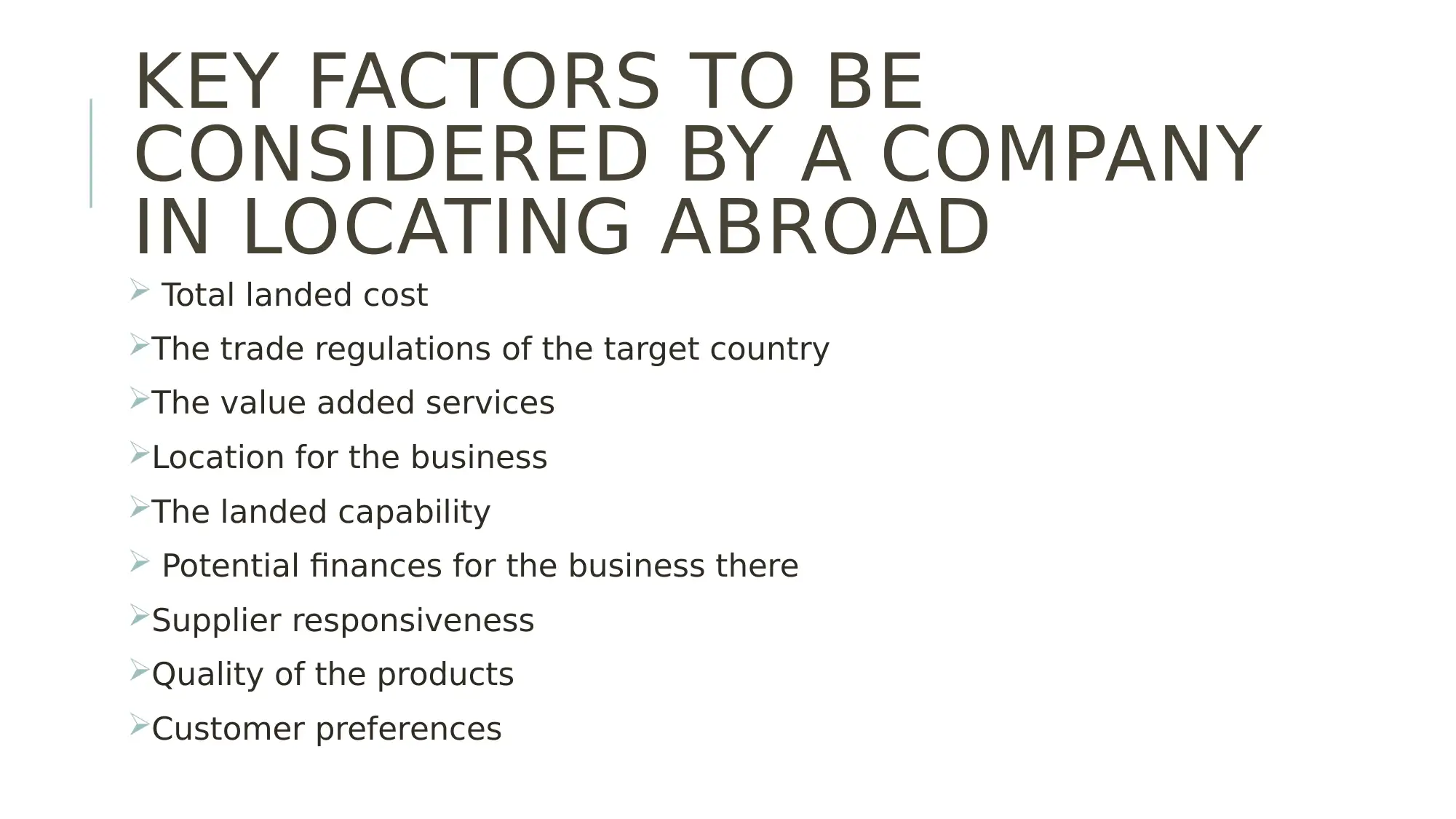
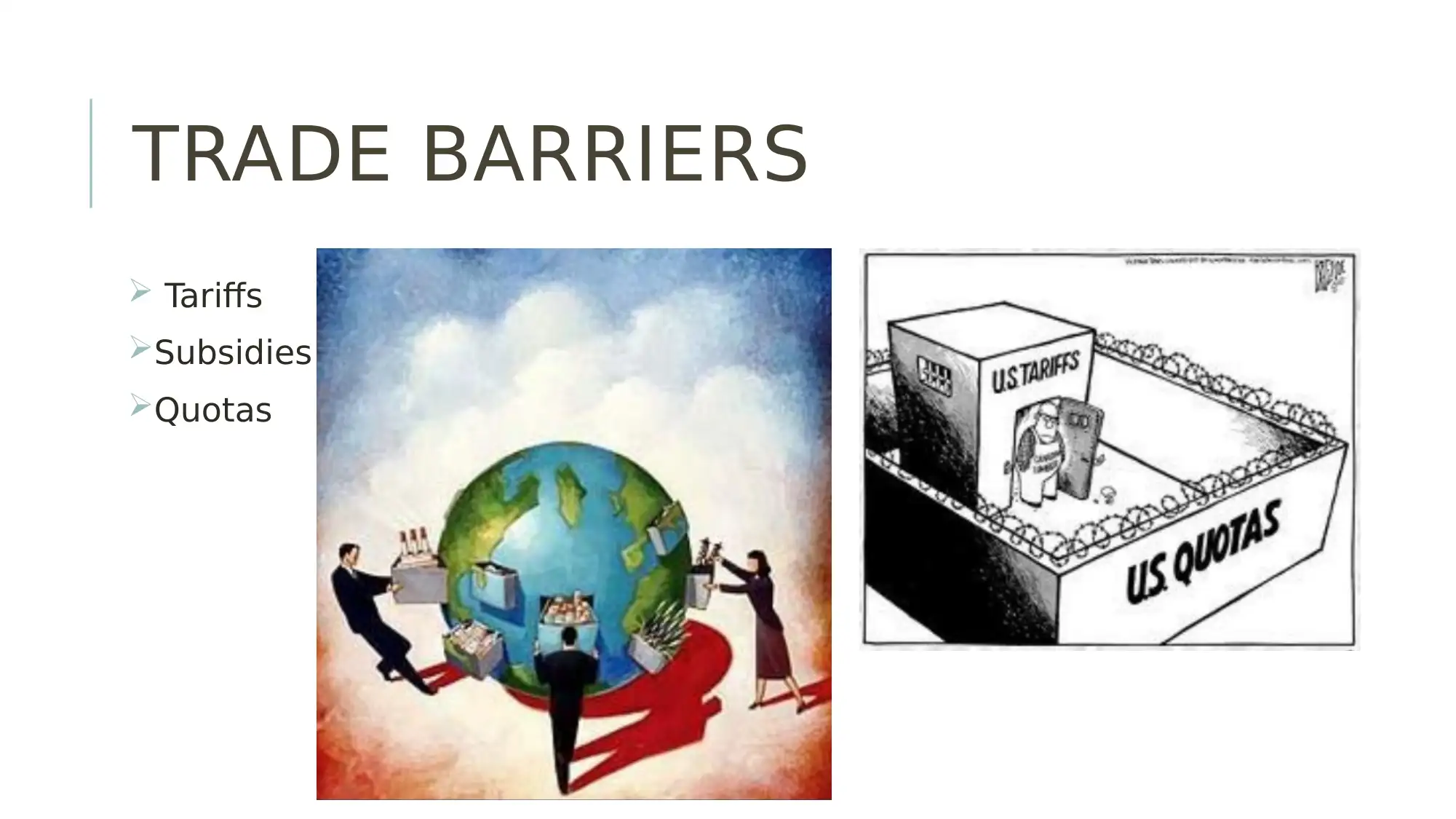
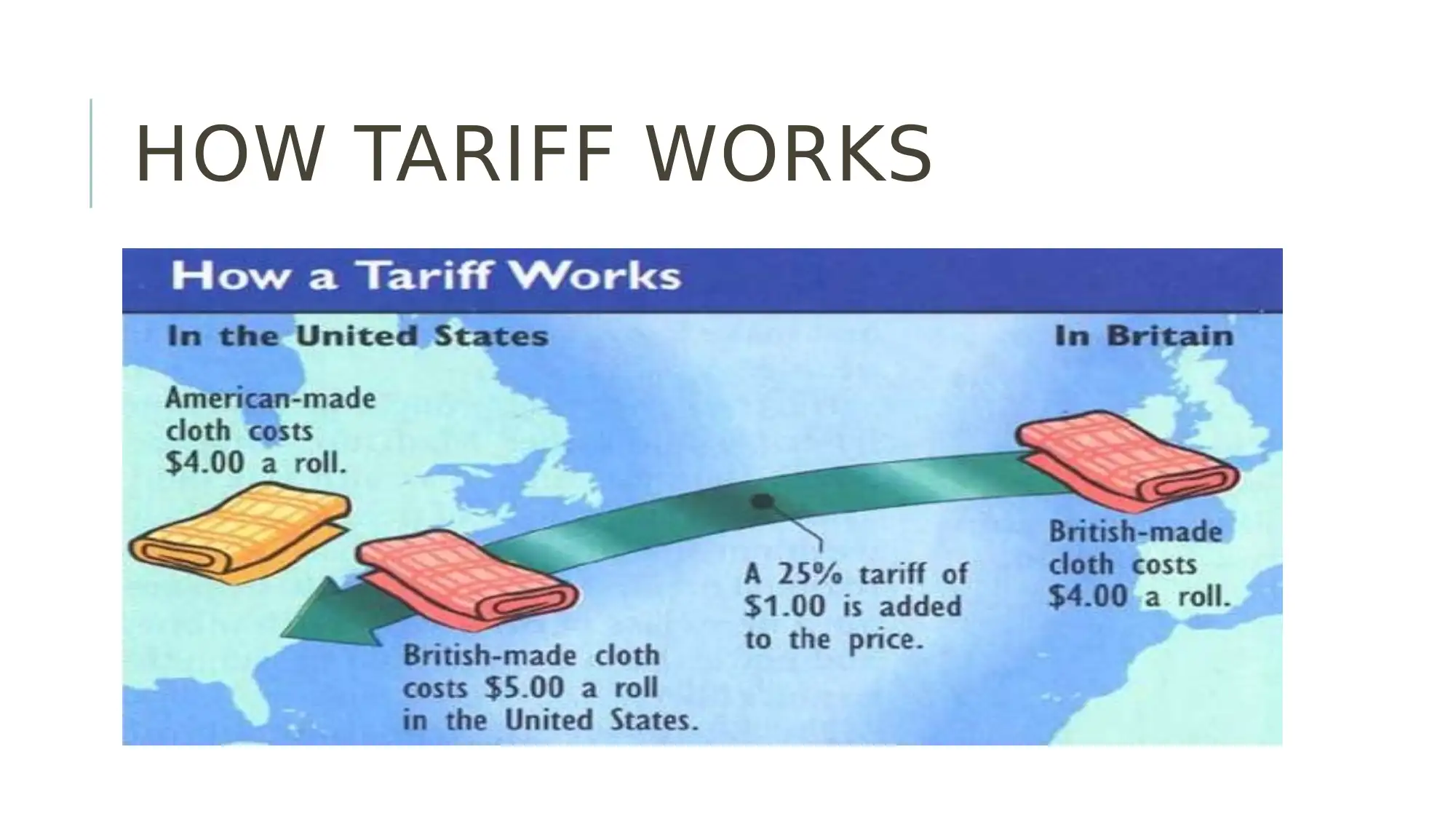
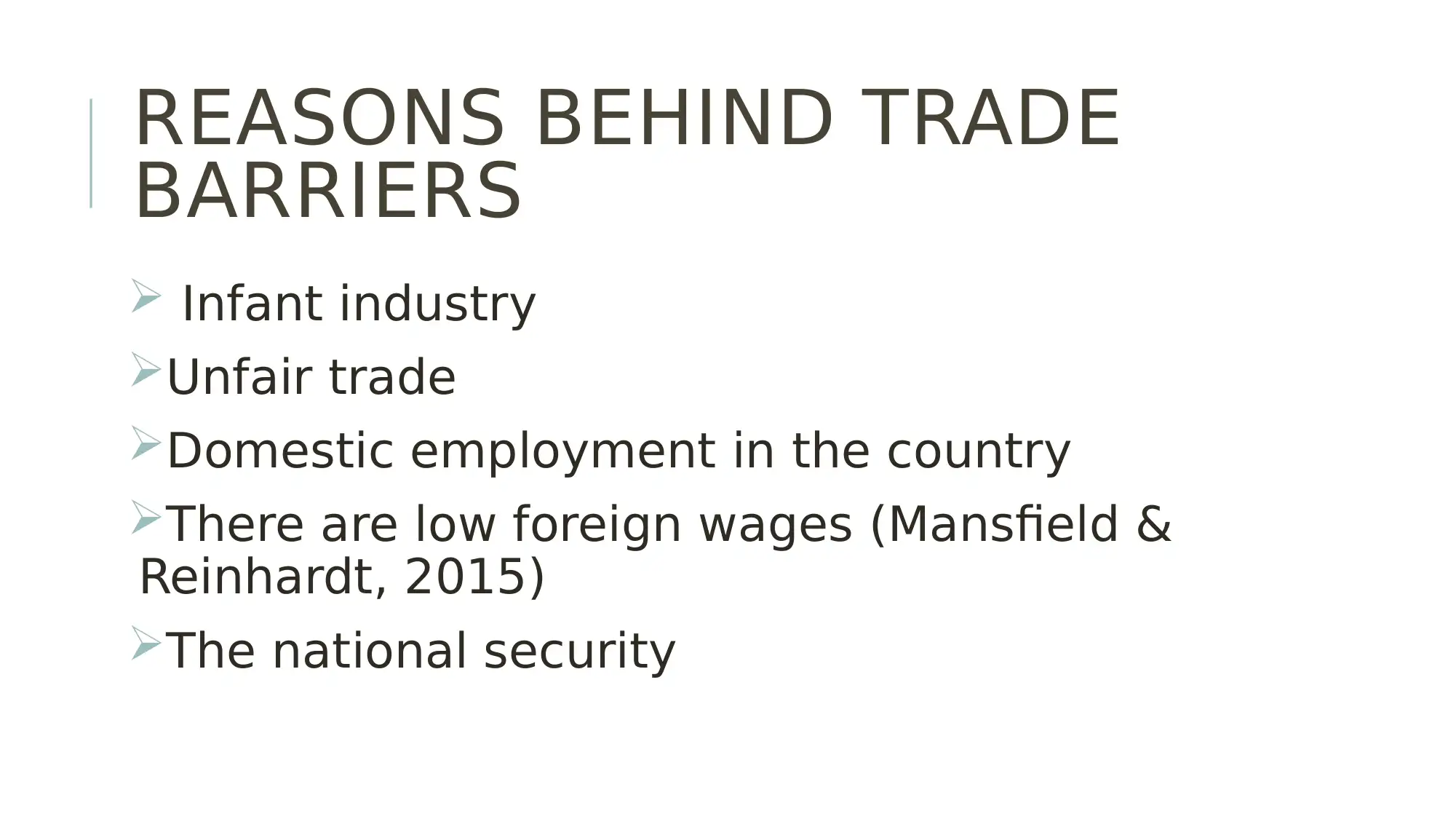
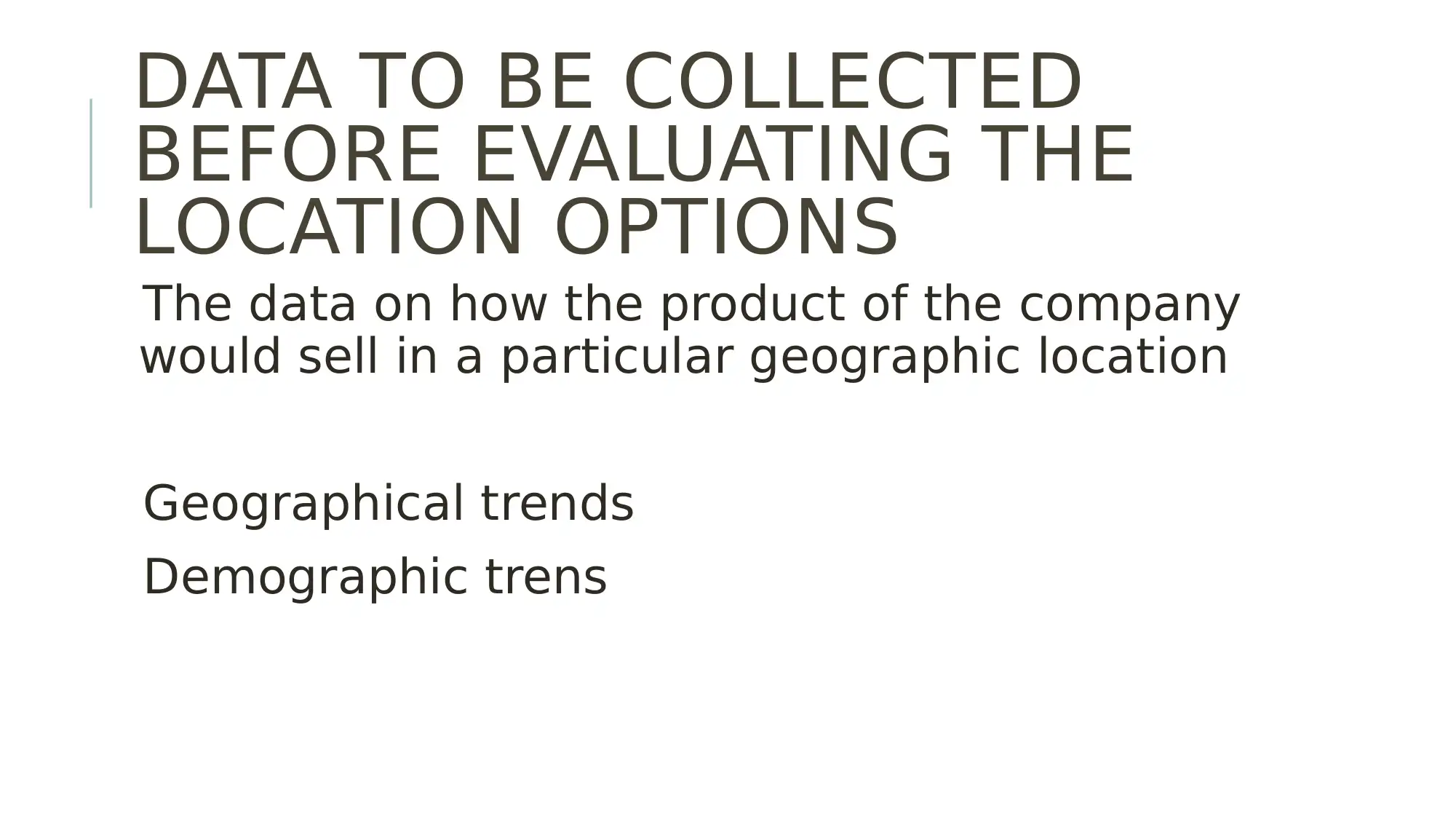
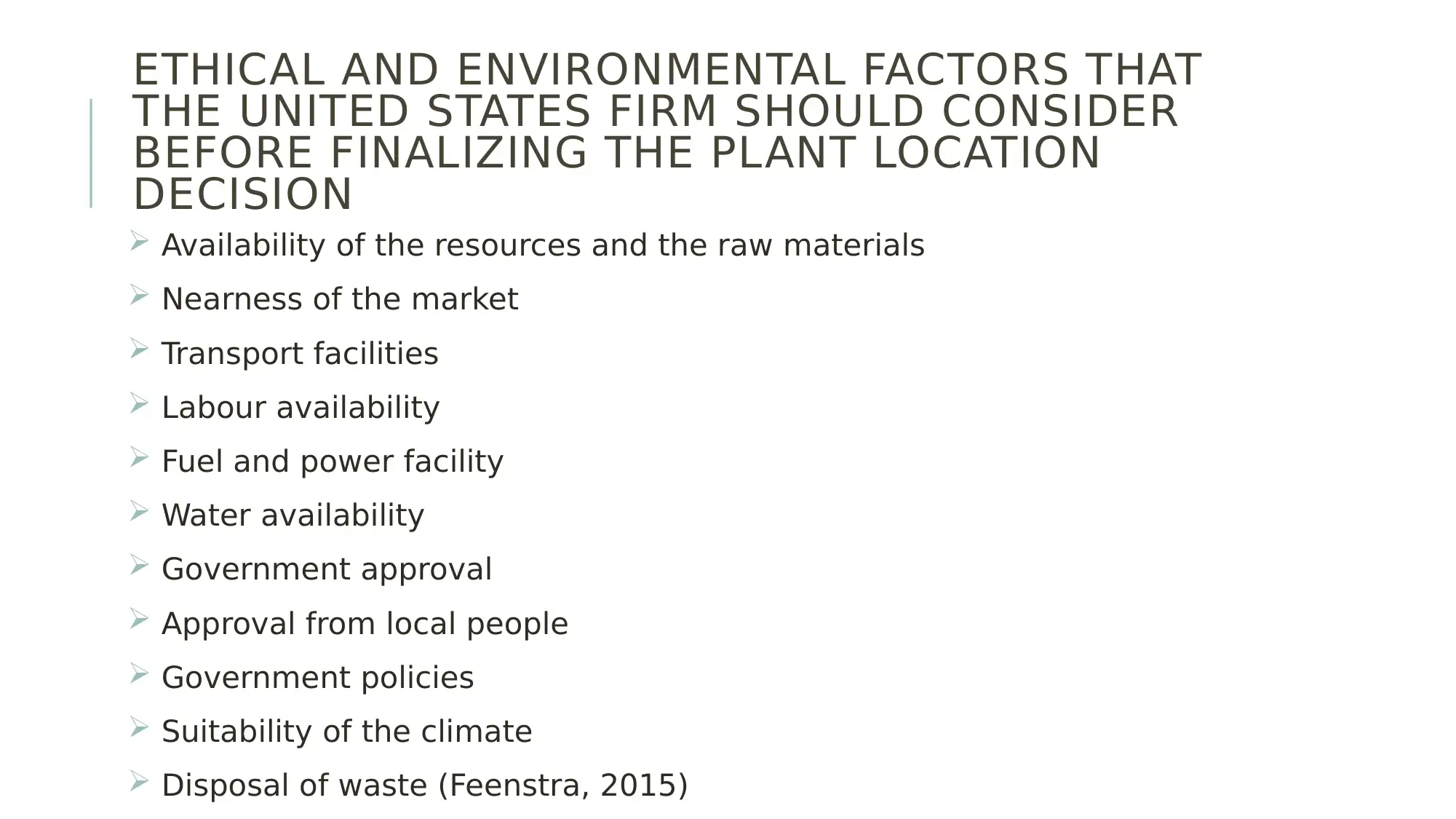
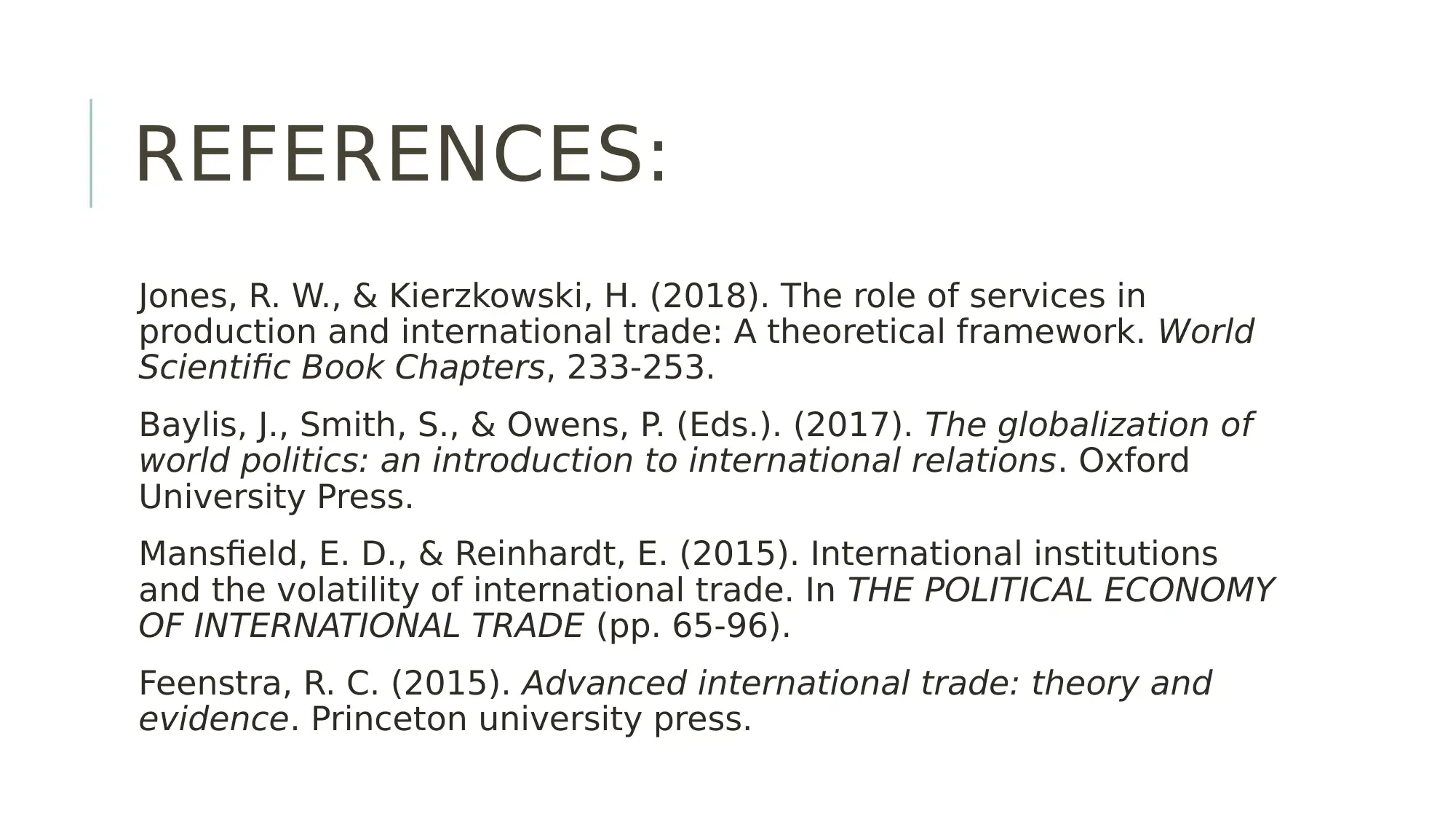







![[object Object]](/_next/static/media/star-bottom.7253800d.svg)